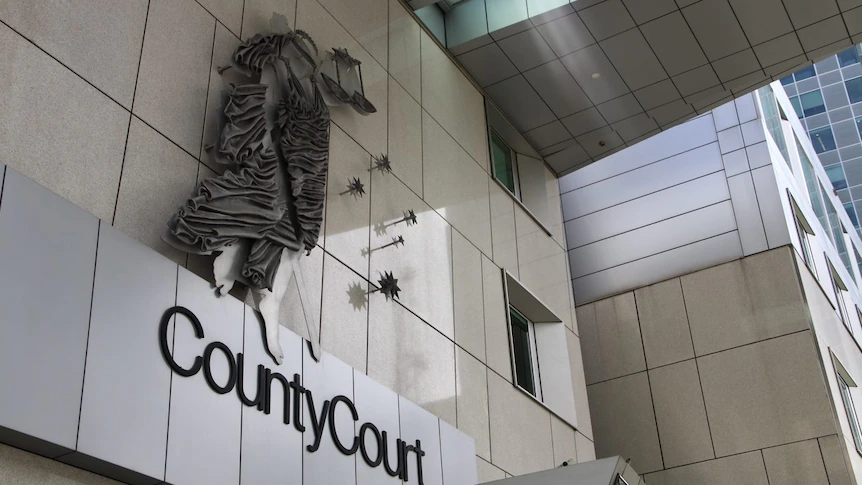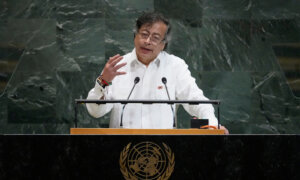Copyright abc

A dissident board member at the body representing employers in the Victorian building industry has failed to unmask a purported whistleblower in a case compared to a John Grisham novel by a judge. Lisa Hollingsworth, who has been fighting with the Master Builders Association of Victoria (MBAV) over the conduct of a fund it jointly administers with the construction union, went to the County Court last month seeking the identity of a person who complained about her to the employer body. Ms Hollingsworth, who is also a councillor and former mayor at one of Melbourne's wealthiest council areas, Boroondara, wanted the name of the person so that she could sue them and the MBAV for defamation. But what should have been a simple dispute over access to documents "morphed into something bigger", occupying three full days of court time, Judge David Purcell said this week. It also provoked a ruling from the judge replete with references to John Grisham's pulp thrillers, schoolyard dobbers and the gangland maxim that snitches get stitches. Judge Purcell said the "so-called 'whistleblower'" complained about Ms Hollingsworth to MBAV's chief legal officer, Tristan Moseley, and the body's head of HR, Giovanni Abelardo, on April 3 last year. The complaint raised allegations that Ms Hollingsworth had breached MBAV's policies by criticising the state government over planning issues in her role as a councillor and by failing to attend an International Women's Day breakfast. A barrister hired by MBAV to investigate found that Ms Hollingsworth's criticism of the government in newspaper articles breached the code of conduct for board members but cleared her over her failure to attend the breakfast. 'Whistleblower' identity protected Judge Purcell said that if the complaint qualified as a whistleblower report, as MBAV claimed, Ms Hollingworth would not be entitled to a copy of it. He said that "one of the exceptions to the semantic realm of 'snitches get stitches' is the word whistleblower". "Perhaps in an Australian schoolyard the whistleblower would be accused of being a dobber instead of a snitch?" he said. He said the point of whistleblower laws was to encourage people to "blow the whistle" on breaches of corporations law. "I pause here to ponder how an allegation of failing to attend a seemingly optional breakfast event could ever be thought to deserve whistleblower protection," he said. After reading the documents, he found they did not attract whistleblower protection. "That is because there was no 'disclosure,'" he said. "The comments by Hollingsworth were hardly made under the cover of darkness, having been published in two major metropolitan newspapers, in her capacity as a municipal officer." And he said it should be clear that "failing to attend the breakfast was never going to see Hollingworth pursued for breaches of the Corporations Act". He said it was "hard to escape a sense that all Hollingworth wants is the identity of the snitch, which is understandable". However, he refused Ms Hollingsworth access to the document, saying she did not need it in order to sue for defamation because she already had enough information to do so. A MBAV spokesperson said the organisation was "pleased to have successfully defended the application for preliminary discovery, in so doing maintaining the confidentiality of a complaint by a member". Ms Hollingsworth's solicitor, Boutique Lawyers partner Imran Fatah, said a faction within the MBAV was trying to silence his client because she had accused the organisation of having a conflict of interest over the management of redundancy fund Incolink. "His Honour clearly saw through attempts made at shielding this faction under the banner of whistleblowing and is right when he suggests that there is more to this than meets the eye," Mr Fatah said. "Ms Hollingsworth is grateful to his Honour for affording her the opportunity to be genuinely heard, after enduring repeated efforts by others to silence her." Last year, Ms Hollingsworth and two other MBAV board members raised concerns with the Fair Work Commission (FWC) about the culture of the organisation and its relationship with Incolink, a $1.2bn redundancy fund it jointly administers with the CFMEU. Issues they raised included a conflict of interest because MBAV receives millions of dollars a year from Incolink at the same time as it advises employers on how to negotiate enterprise agreements with the union. The FWC investigated and last month recommended MBAV audit its credit card use, overhaul its governance and train staff to encourage a respectful and professional culture. However, the regulator stopped short of finding MBAV breached industrial laws.



